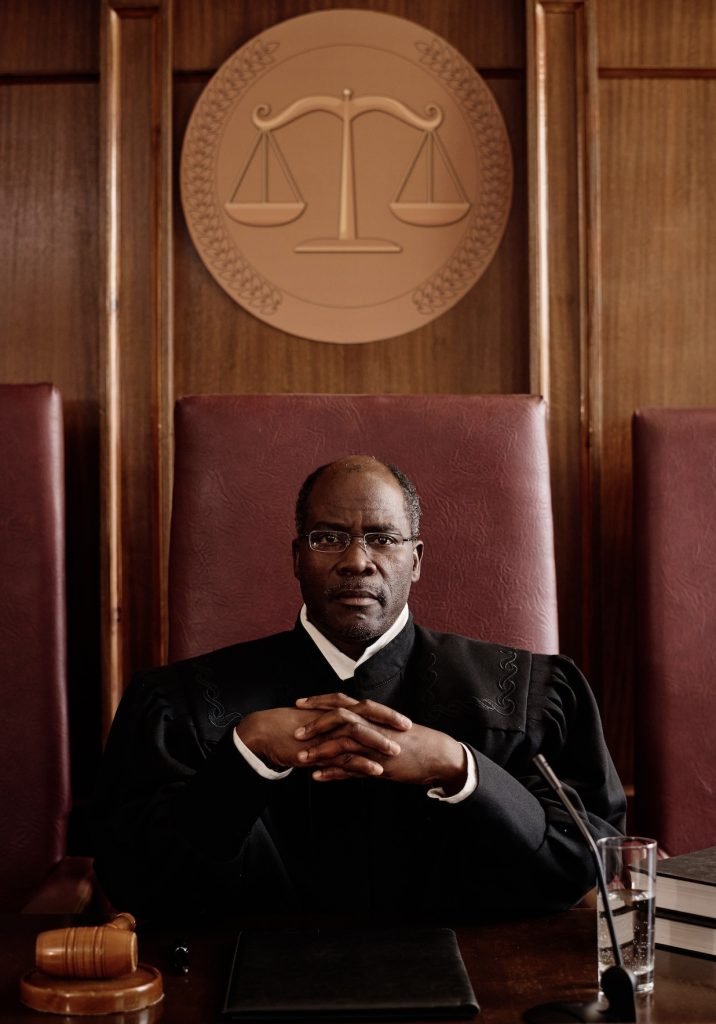What are the different roles between the Supreme Court of Appeal and the Constitutional Court?
The Supreme Court of Appeal and the Constitutional Court play distinct but complementary roles within a country’s judiciary, each with its specific domain and authority.
The Supreme Court of Appeal typically serves as the highest court of appeal except in constitutional matters. It deals with non-constitutional issues and hears appeals from lower courts, including High Courts. Its primary function is to correct errors made in these courts, ensuring that the law has been applied correctly and justice served.
On the other hand, the Constitutional Court is the highest authority in constitutional matters. It has the exclusive authority to decide on issues related to the constitution, including disputes between organs of state, constitutional issues raised in appeals, and matters involving the rights enshrined in the constitution. It plays a crucial role in interpreting the constitution, safeguarding democratic values, and protecting human rights.
In essence, while the Supreme Court of Appeal handles appeals on general legal and factual issues, the Constitutional Court focuses on constitutional matters, playing a pivotal role in shaping the legal landscape in relation to the constitution.

Here’s a table summarizing the differences between the Supreme Court of Appeal and the Constitutional Court:
| Feature | Supreme Court of Appeal | Constitutional Court |
|---|---|---|
| Jurisdiction | Handles appeals on non-constitutional matters. | Deals exclusively with constitutional matters. |
| Authority | Serves as the highest court of appeal for general law. | Is the highest authority in constitutional issues. |
| Role | Corrects errors from lower courts in applied law and justice. | Interprets the constitution, ensuring democratic values and human rights are upheld. |
| Types of Cases | General legal and factual disputes excluding constitutional issues. | Disputes involving the constitution, including rights and governance issues. |
| Impact on Legal Landscape | Influences general law through interpretations and rulings on appeals. | Shapes constitutional law, directly affecting the interpretation and application of the constitution. |
Examples of the different roles between the Supreme Court of Appeal and the Constitutional Court
To illustrate the differences between the Supreme Court of Appeal and the Constitutional Court, here are a few examples:
Criminal Appeal:
- Supreme Court of Appeal: A person convicted of a crime might appeal their conviction or sentence to the Supreme Court of Appeal if they believe there was an error in how the law was applied or if there were procedural issues during their trial.
- Constitutional Court: This court would not typically hear a direct appeal in a criminal case unless there’s a significant constitutional issue at stake, like a claim that the person’s right to a fair trial was violated.
Contract Dispute:
- Supreme Court of Appeal: If two companies are in a dispute over a contract and the case has been through lower courts, they might appeal to the Supreme Court of Appeal to resolve issues related to the interpretation of the contract or the application of commercial law.
- Constitutional Court: It would only become involved if the dispute raises a constitutional issue, such as if one party argues that the contract or its enforcement violates constitutional rights.
Land Rights:
- Supreme Court of Appeal: Disputes over land ownership or tenancy rights, not directly involving constitutional principles, would be dealt with by the Supreme Court of Appeal, focusing on the interpretation of relevant property laws.
- Constitutional Court: If the dispute involves land expropriation without compensation, it might be taken to the Constitutional Court because it raises constitutional issues about property rights under the constitution.
Freedom of Expression:
- Supreme Court of Appeal: Might not directly handle cases solely focused on the right to freedom of expression unless there’s an aspect of the case that involves interpreting non-constitutional laws.
- Constitutional Court: Would hear cases where, for instance, a law or government action is challenged as being in violation of the constitutional right to freedom of expression.
Election Disputes:
- Supreme Court of Appeal: Typically does not deal with election disputes as they inherently involve the interpretation and application of constitutional principles.
- Constitutional Court: Would be the appropriate venue for disputes over the conduct of elections, the rights of voters, or the eligibility of candidates, as these are matters directly related to the constitution.
These examples demonstrate how the type of legal issue—whether it’s primarily about the application of general law or involves fundamental constitutional questions—determines which court is the appropriate forum for the case.
Did You See These?
- Reasons to File a Complaint Against an Attorney in South Africa
- Why Both Men and Women Could Become Victims of Gender-Based Violence
- Best Antenuptial Contract Attorneys in Johannesburg
- What is Needed to Renew Driver’s Licence?
- Law Firms Offering Articles for 2025 and 2026
- Can You Get a Criminal Record for Speeding in South Africa?
- African Legal Approach to Law and Conflicts
- Professional Driving Permit (PrDP) Requirements in SA
Disclaimer
The content presented on this website was originally created by the team at Legal Advice. All information related to legal firms and legal matters is based on "User Submitted Data", and or publicly accessible data available from more than one online sources. Should you have any concerns or disputes about the information provided, please feel free to reach out to us at hello@legaladvice.org.za.

